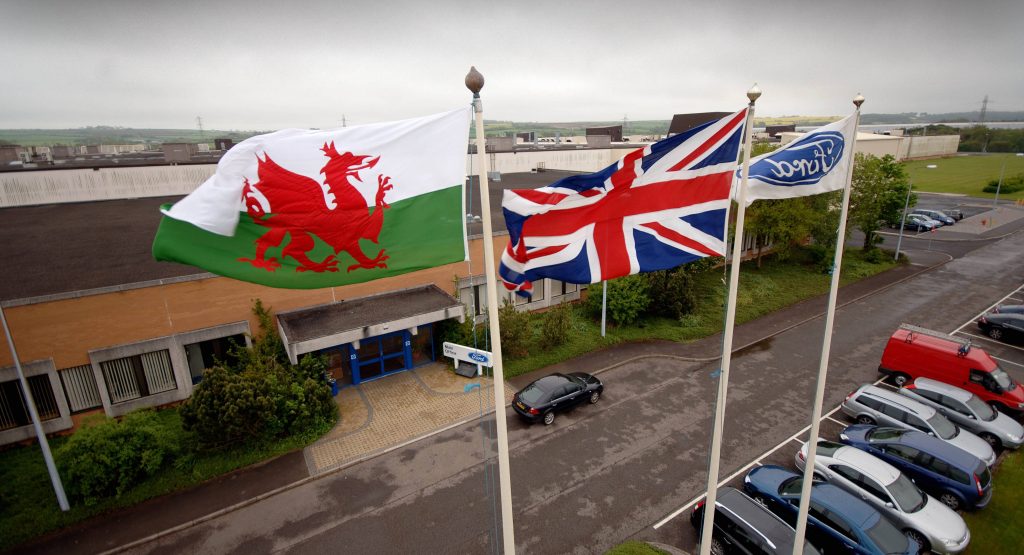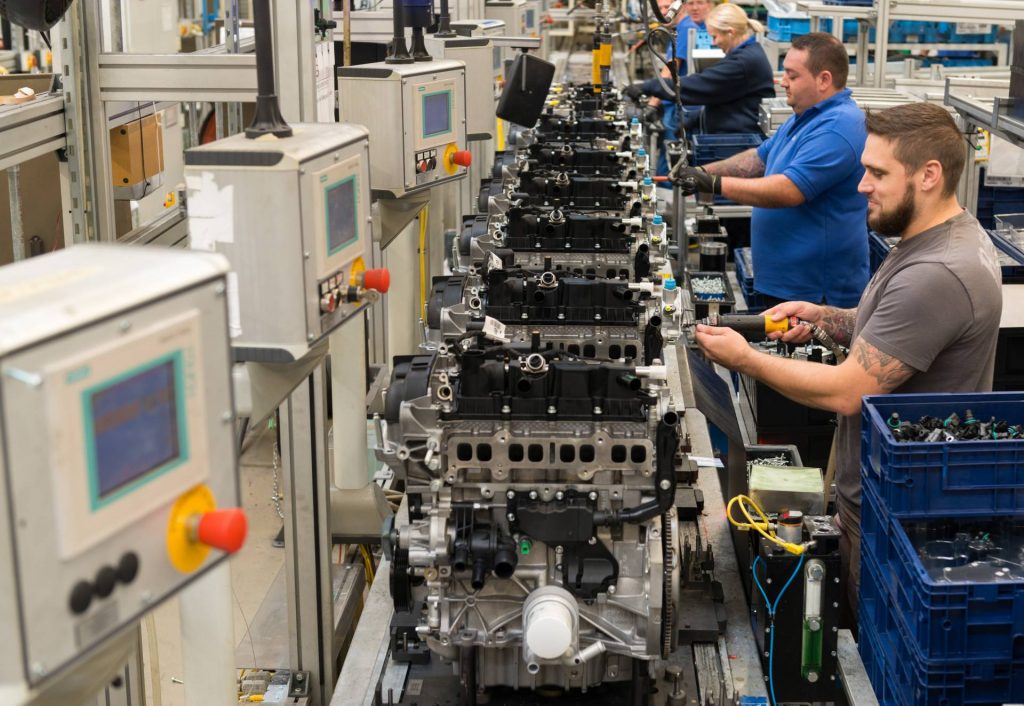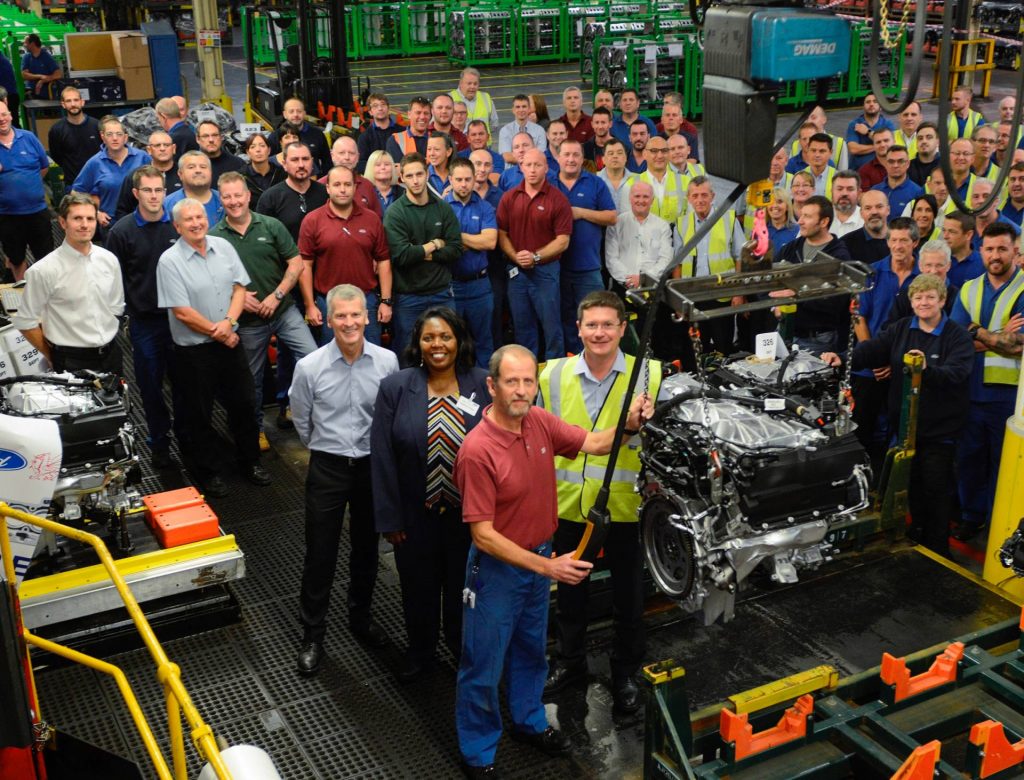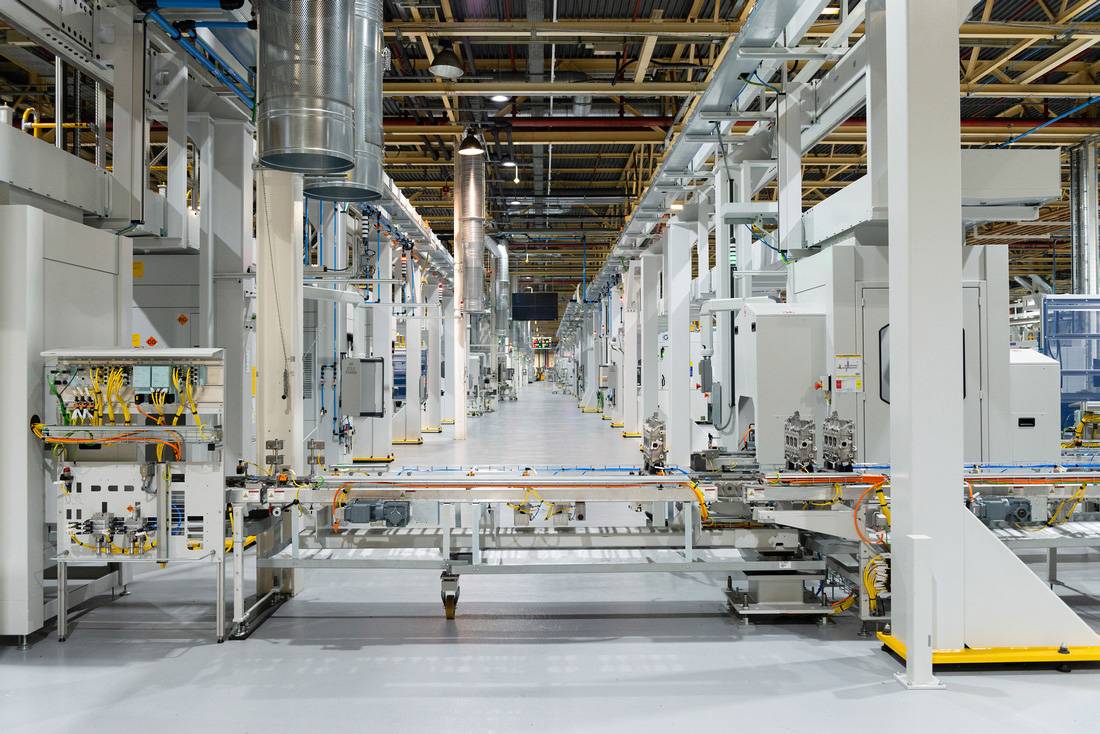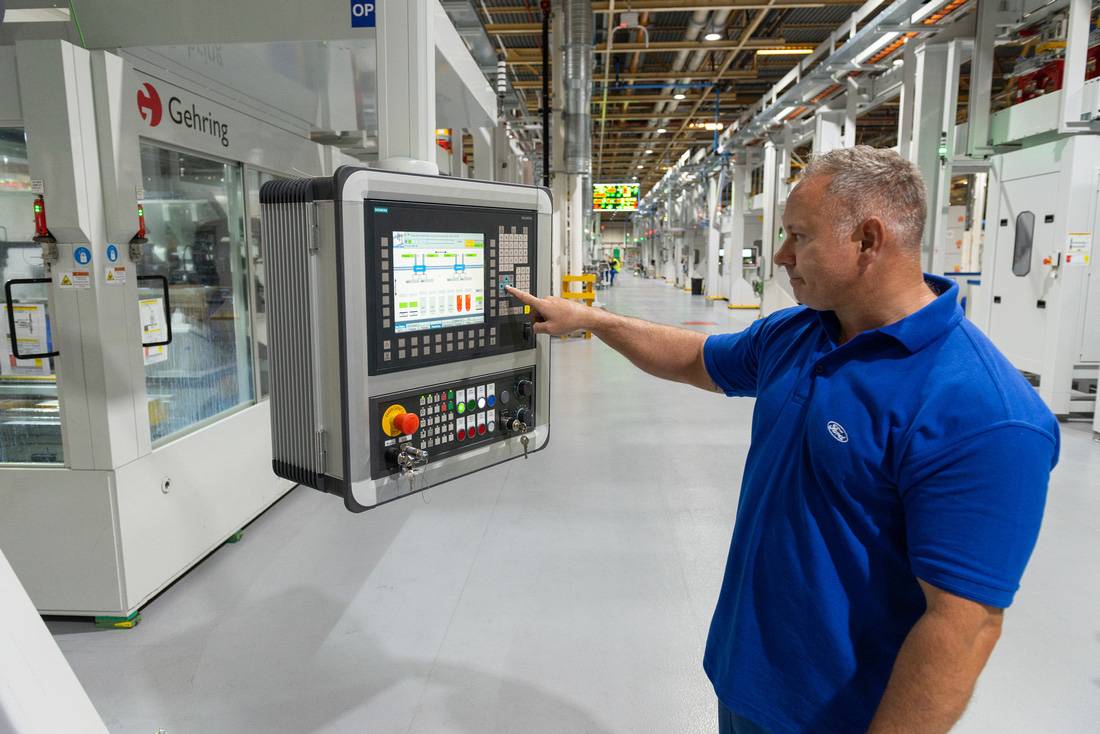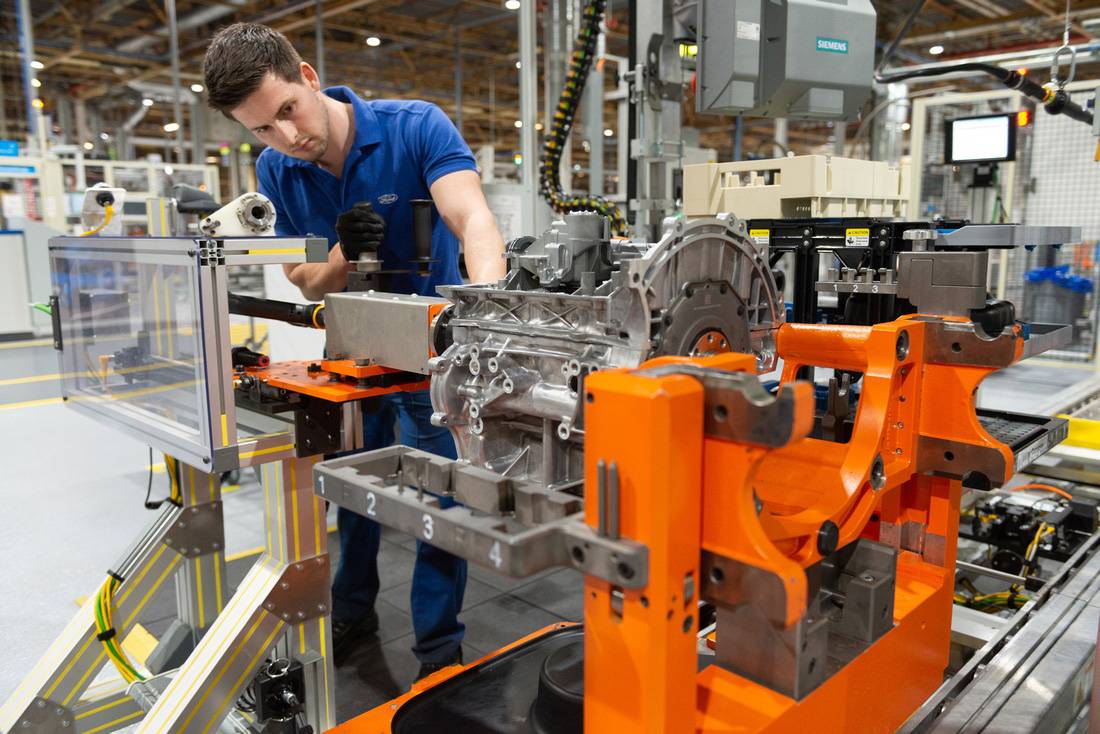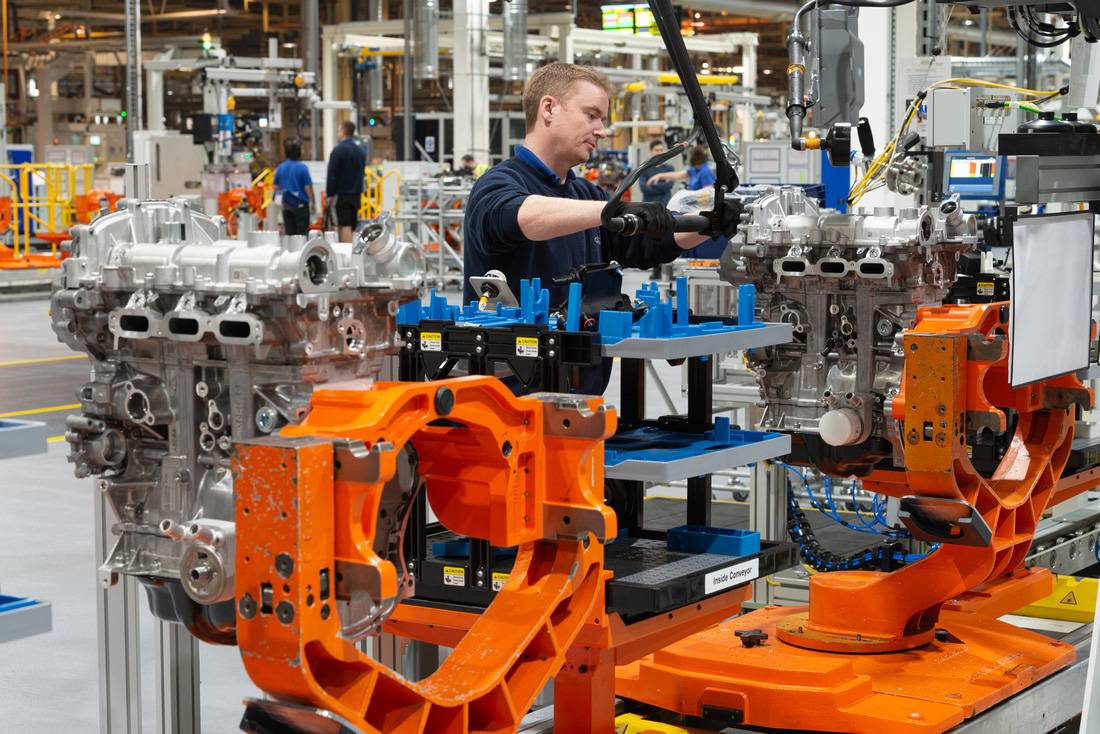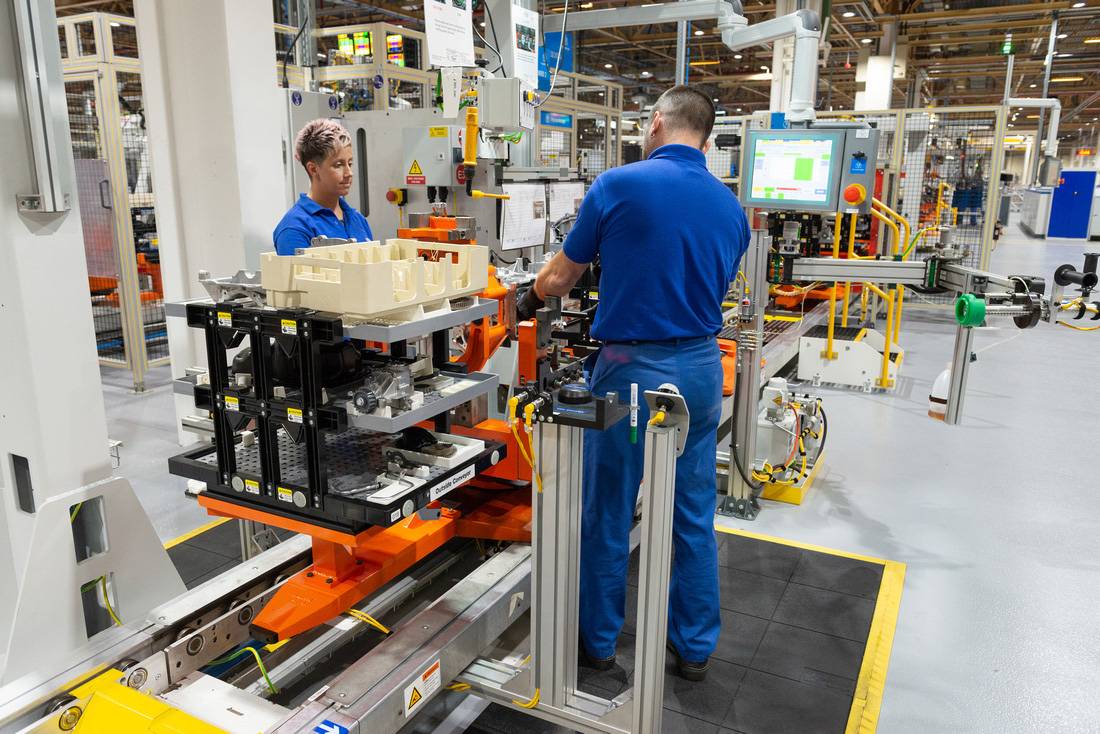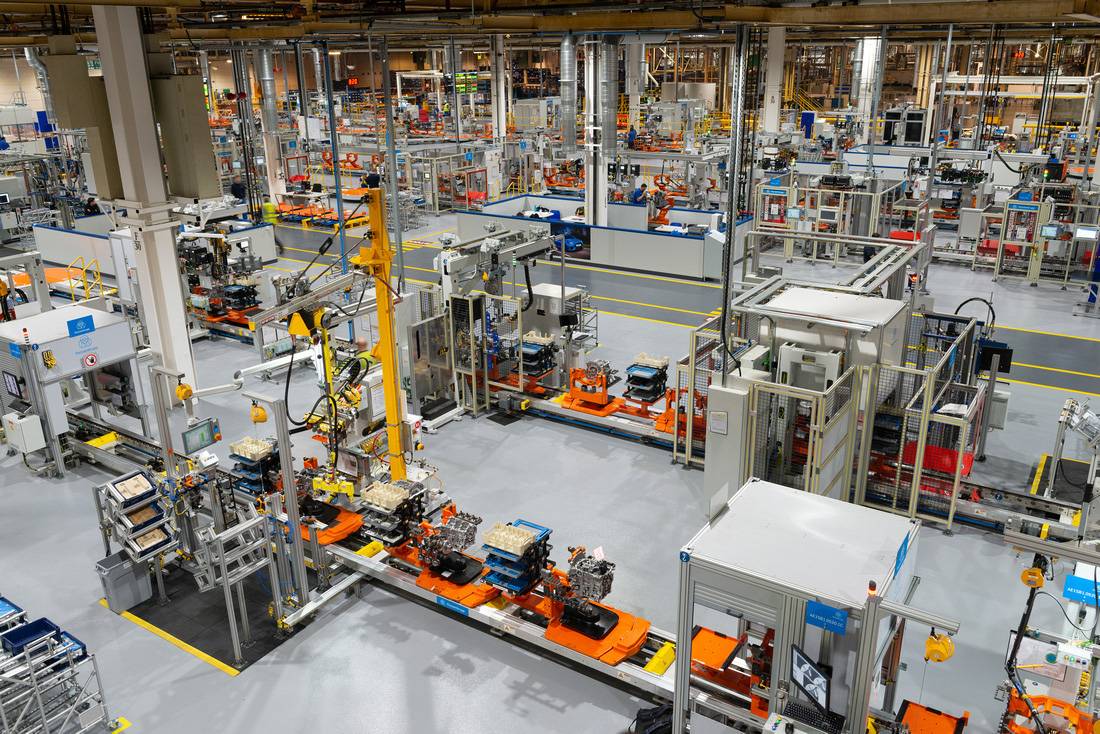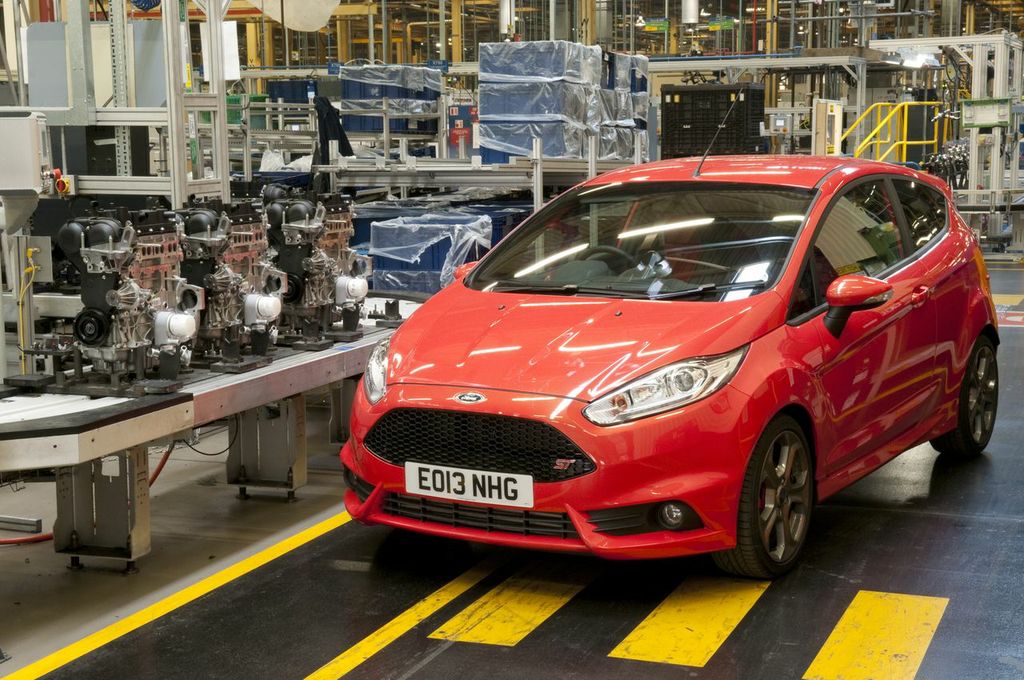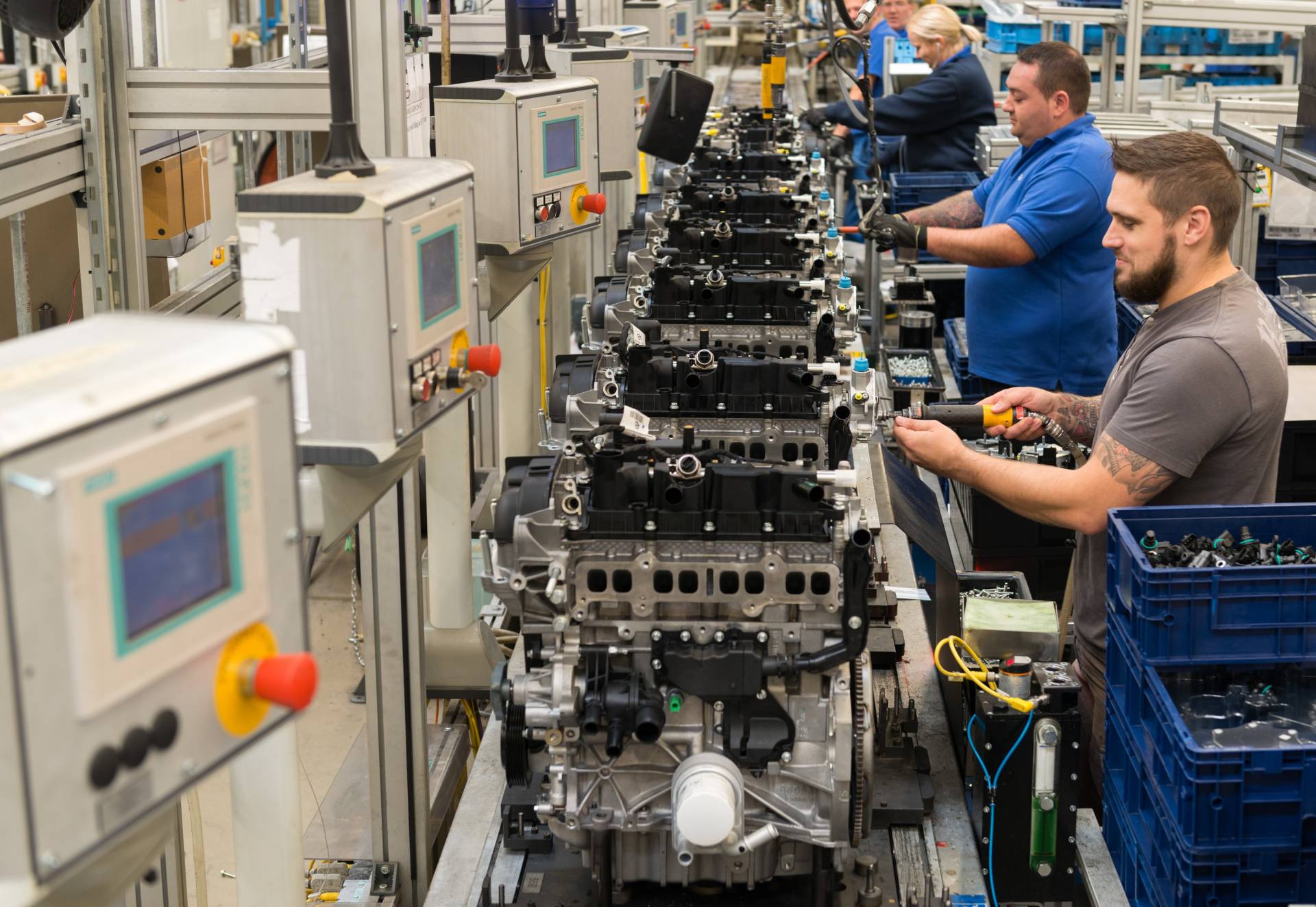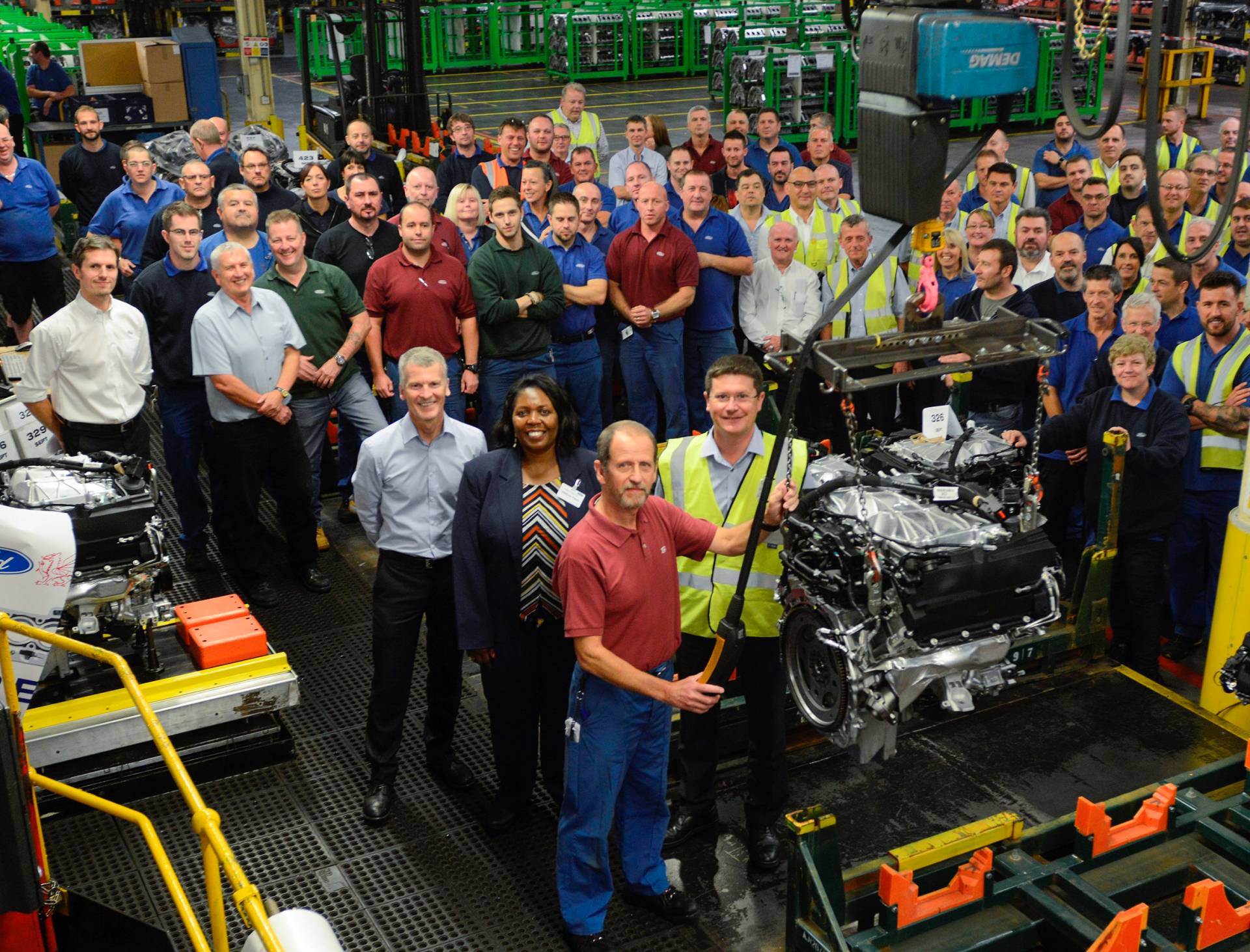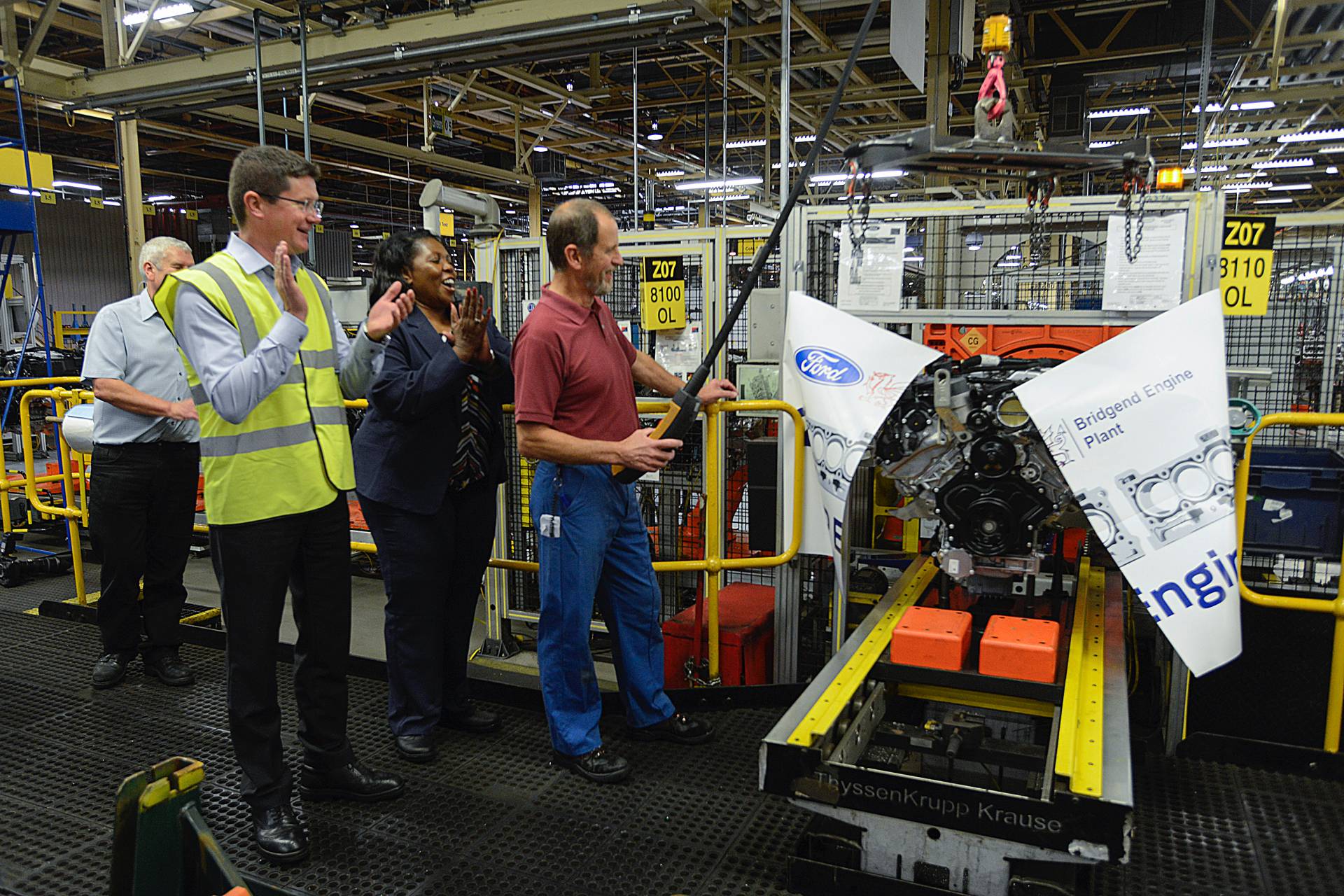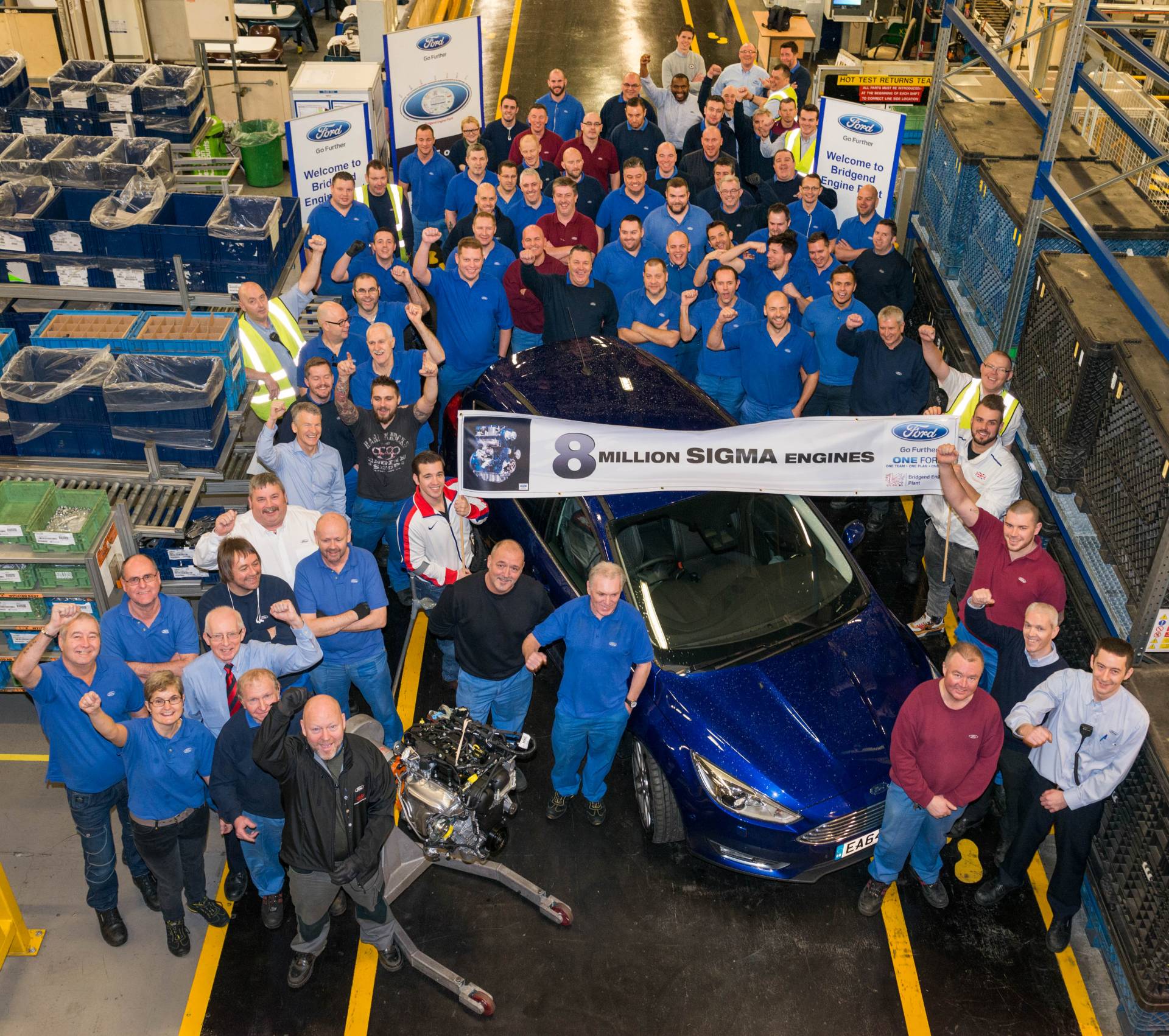In yet another blow for the British automotive industry, Ford seems determined to act on its warnings of moving production from the UK over a no-deal Brexit.
The U.S. carmaker has just announced it is proposing the end of engine production and closure of the Bridgend Engine Plant in South Wales by late 2020.
While the Blue Oval claims that this is part of its redesign strategy “to create a more efficient and focused business in Europe,” there’s little doubt the decision has a lot to do with Britain leaving the European Union without a deal.
Also Read: Ford Begins Layoffs In Europe, Cuts More Than 5,000 Jobs In Germany
“We are committed to the U.K.; however, changing customer demand and cost disadvantages, plus an absence of additional engine models for Bridgend going forward make the plant economically unsustainable in the years ahead,” said Stuart Rowley, President of Ford of Europe. The executive added that the company needs to scale its global engine manufacturing footprint to best serve its future vehicle portfolio.
The main reason behind the proposed closure of Bridgend is the “significant under-utilization” of the plant caused by the impending end of engine production for Jaguar Land Rover. Other factors include the end of production of the previous-generation 1.5-liter GTDi diesel and reduced global demand for the new-generation GTDi and Pfi 1.5 units.
Ford also says the “significant efforts” to identify new opportunities for Bridgend have not been successful, especially since the plant faces a cost disadvantage compared with other Ford facilities building the same engine.
As a result, it proposes the production of the new generation 1.5-liter EcoBoost engine will end at Bridgend in February 2020, followed in September 2020 by the cessation of engine manufacturing for Jaguar Land Rover – which will mark the end of the road for the facility and its workforce…
The Bridgend engine plant opened in 1977 and currently employs around 1,700 people, including nearly 400 who have already signed up to a voluntary separation program earlier this year. Ford said it will put in place a comprehensive plan for the affected employees, including “an enhanced employee separation program” as well as measures to help employees find new jobs at other Ford sites in the UK or pursue other career opportunities.
The automaker says it will remain a significant employer in the UK, as it will continue building diesel engines at the Dagenham plant in east London and transmissions at the Halewood Getrag Ford Transmissions joint venture on Merseyside. The automaker also employs people at the Dunton Technical Center in Essex and the Mobility Innovation Office in London.







